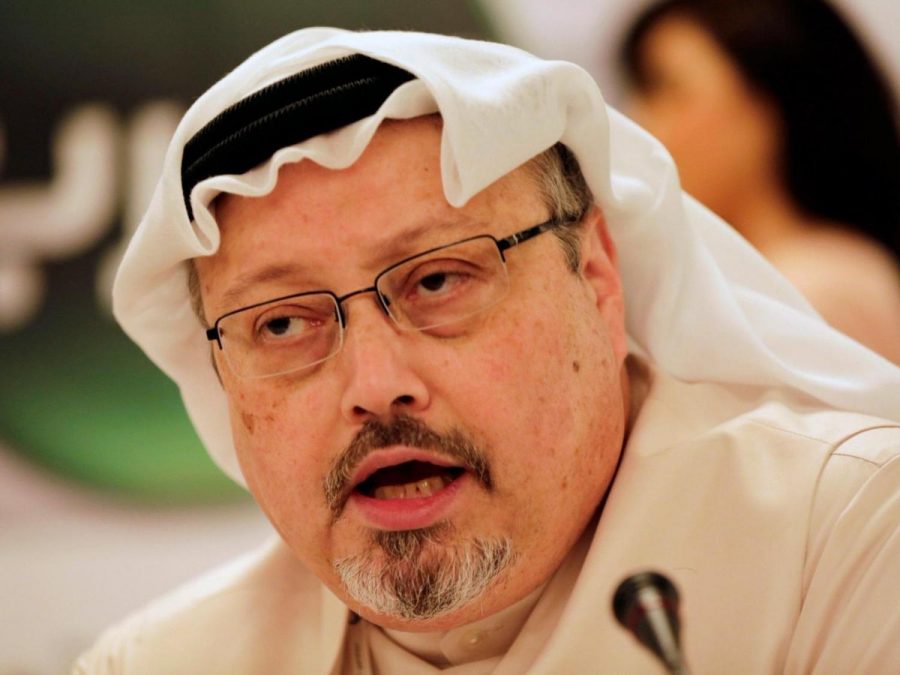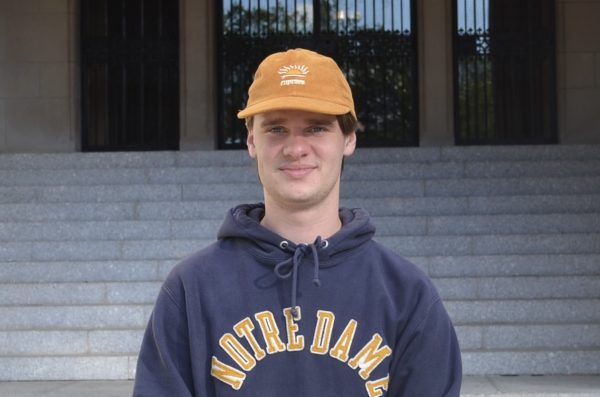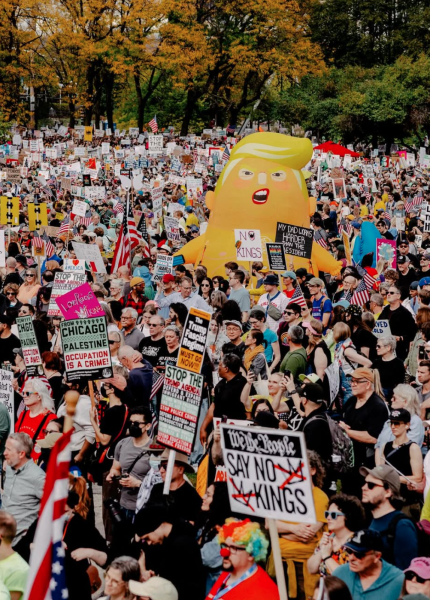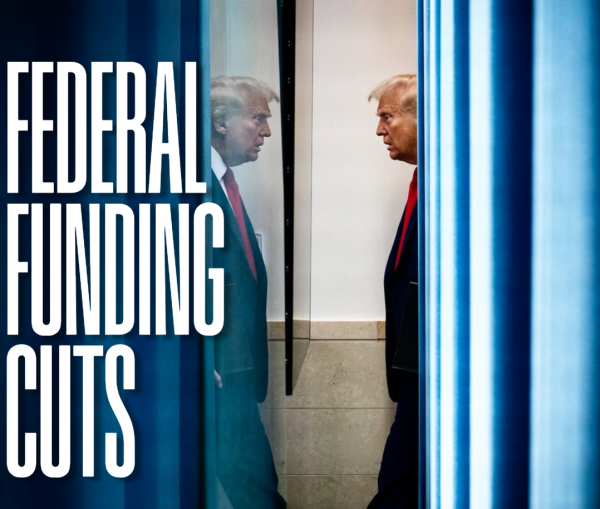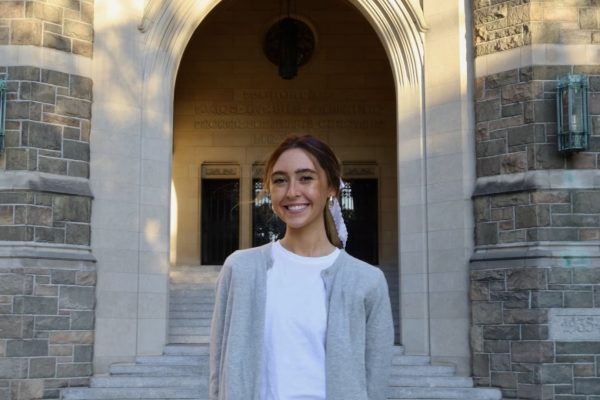Saudi Crown Prince Approved Murder of American Jamal Khashoggi
It is an undisputed fact that the killing of Jamal Khashoggi, a 59-year-old American journalist for the Washington Post, in the Saudia Arabian consulate involved foul play. This foul play has recently been confirmed in a report from the Central Intelligence Agency, released Feb. 11, providing evidence supporting the claim that Saudi Arabian Crown Prince Mohammad bin Salman approved the assassination of Khashoggi.
On Oct. 2, 2018, the news of his death came as a shock to both his family and the United States. Khashoggi was a seasoned journalist living in Saudi Arabia early on in his career, where he reported on significant events, including the Gulf War in Kuwait. During his time living there, he became close with the Saudi royal family. After he had “fallen out of favor” in 2017, Khashoggi instead began writing a monthly column criticizing crown prince Salman’s policies.
In response to Khashoggi’s disappearance, Saudi officials at first denied Khashoggi’s death, later claiming that he had “gotten in a fight” outside of the consulate. These were both ruses on the part of the Saudi government to maintain their innocence. Later, the government released that his murder was an “abhorrent crime” performed by a rogue group.
President Joe Biden has recently received criticism for the inadequate amount of justice served in the Khashoggi case. As a presidential candidate, Biden claimed that Saudi Arabia would be justly punished, but he has yet to act against Salman directly.
It is easy to understand why President Biden has refused to single out Samal. Saudi Arabia’s corruption and our allyship with them are confounding the course of justice that is deserved, and as a result, a choice for the U.S. becomes very complicated.
According to new information from CNBC, Secretary of State Antony Blinken has imposed visa restrictions on 76 Saudi individuals who are “believed to have been engaged in threatening dissidents overseas, including but not limited to the Khashoggi killing.”
President Biden has since echoed a more moderate claim, stating that the United States can “not formally bar [Crown Prince Salman from] entering the United States, or weigh criminal charges against him, without breaching the relationship [with Saudi Arabia].”
While I believe that the crown prince is solely responsible for Khashoggi’s death and should consequently be chastised by the United States, the United States’ allyship with Saudi Arabia is also important.
Although our allyship with the Saudis is important, the corruption within the country cannot be ignored. The international relationship is worth reevaluating.
On Tuesday, Feb. 16, Biden’s Press Secretary Jen Psaki released a vague statement on the status of U.S. relations with Saudis. Psaki said, “I would say we’ve made clear from the beginning that we are going to recalibrate our relationship with Saudi Arabia.”
Even though Psaki’s iteration of President Biden’s plan is hopeful, President Biden must vocalize what his explicit intentions are for reshaping this relationship in order for her statement to have any merit. Additionally, he has to follow through with the plan to make it clear to both the people of the U.S. and other nations to set an example for what the U.S. defines as tolerable on the world stage.
Since this is one of the most intolerable acts performed by the Saudi Arabian government against an American citizen, the Saudis should no longer remain a prominent ally of the United States. Harsh action should be taken to ensure that the Saudis understand that the United States will not accept such behavior. If the Saudis finally admit their wrongdoing on the crown prince’s part, they must further illustrate this in terms of placing checks and balances on his actions in the future.
Until the crown prince is no longer acting like a tyrant, the United States should not protect or befriend Saudi Arabia as it has in the past. Some aspects of the alliance should not be expected by the Saudis on behalf of America since allies are earned and strengthened through respect and actions that involve protecting each nation’s citizens. In short, we need not completely dissociate with Saudi Arabia but rather criticize their system that allowed for this in the first place.
Haley Daniels, FCRH ’23, is a psychology and English major from Hershey, Penn.



































































































































































































